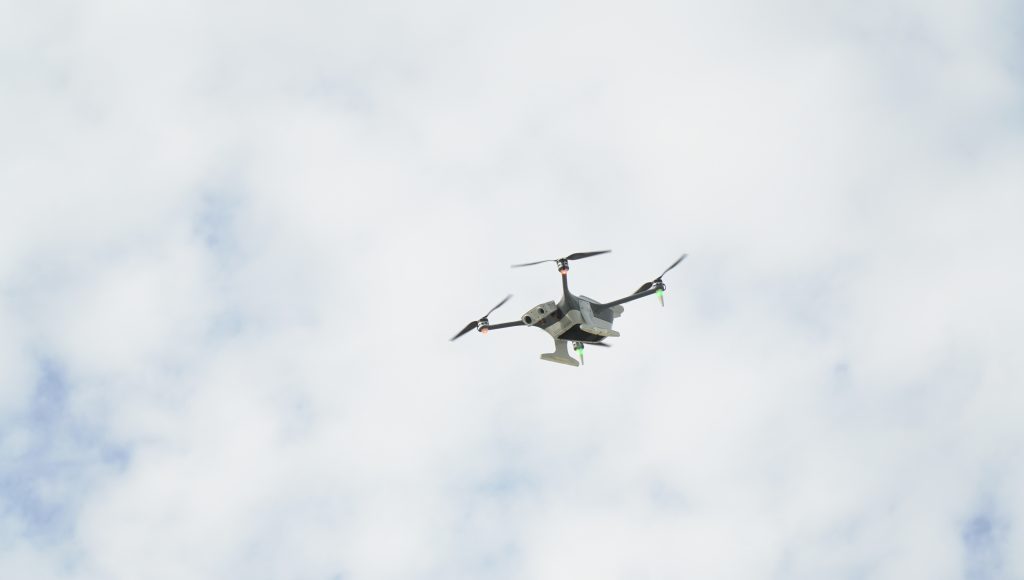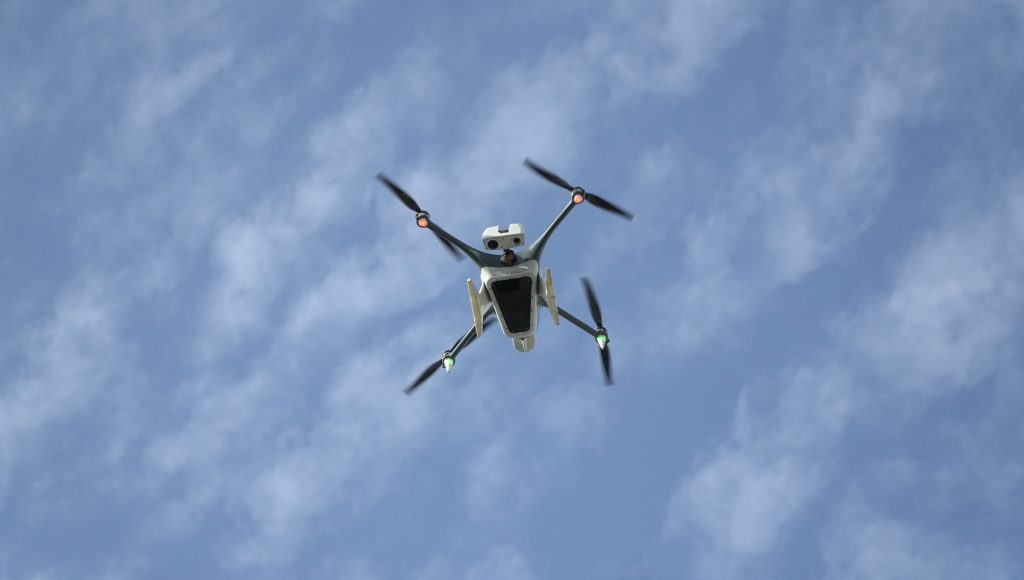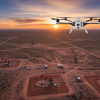Drones and unmanned aircraft systems (UAS) have become a vital component of the aviation ecosystem. As drone activity has expanded both in terms of use cases and ubiquity, regulatory bodies worldwide have begun introducing rules and regulations that aim to integrate UASs into national airspace systems safely. Many of these emerging regulations directly impact companies that are using drones for inspection and monitoring of their sites.
One such example is the new remote ID regulation in the United States and Europe, put in place to ensure safe UAS flights while promoting public security and privacy. As of the respective deadlines, which are September 16, 2023, for the US, and January 1, 2024, for the EU, regulations mandate that all drones in operation must possess remote capabilities.
To prepare for these deadlines, we’ve put together an overview of the new regulations, including information about how you can remain compliant.
Why do we need remote ID?
Remote ID is an important component of public safety and security in drone operations. The new regulation enables regulatory bodies to locate a drone’s Remote Pilot In Command (RPIC) and identify the drone owners whenever the need arises, for example in an emergency situation.

What is a remote ID?
Remote ID regulation requires drones to broadcast their location, altitude, and take-off location information with other relevant parties, enabling to identify the drones and their operators while in flight. To protect operator privacy, access to pilots’ personal information is restricted solely to the respective regulatory bodies and authorized officials.
What information does the drone broadcast?
From take-off to shut down, the drone broadcasts:
- Drone /Operator ID
- Drone location and altitude
- Drone velocity
- Control station location and elevation
- Time mark
- Emergency status
What are the deadlines for remote ID operations?
USA regulations
The new regulations state that any drone weighing more than 0.55 pounds must transmit a signal containing its serial number, position, and altitude. The drone’s serial number will be connected to the owner’s registration data in the FAA’s database, and authorized officials will be able to access the owner’s information using the serial number, similar to the process of checking vehicle registration using a license plate number.
The Remote ID rule contains two basic deadlines. First, drone manufacturers must begin making remote ID-compliant drones by December 16, 2022. Drone pilots, under part 107 of the regulation, must fly remote ID-compliant systems beginning on September 16, 2023.
European regulation
The European Aviation Safety Agency (EASA) has also introduced remote ID regulations for UAS operating in EU airspace. The new legislation states that any drone that is not tethered or weighs more than 250 gr must transmit a signal containing its operator ID number—a designated number that every UAS operating organization receives from regulatory bodies—as well as its position and altitude.
Authorized officials of the National Aviation Authority (NAA) in the relevant EU member state will be able to access the drone owner’s information using the operator ID number. The remote ID rule states that as of January 1, 2024, all drones operating in Europe must have remote ID broadcasting capabilities.
How Percepto is ensuring compliance with the remote ID regulation deadlines
Percepto is committed to full compliance with the new regulations. Let’s look at how Percepto is adapting to accommodate the new remote ID regulations:
New Percepto Air drones will include internal WiFi antennas that broadcast the ID, location, altitude, and velocity of the drone, making compliance simple. A second channel interface (e.g., cell phone, tablet) broadcasts the RPIC location and the operator must approve the location request sent in order to take off.
Compliance with USA deadlines
The FAA’s new Remote Identification (ID) rule took effect for manufacturers late last year. To prepare for the new regulation, Percepto has implemented remote ID broadcasting capabilities into its drones. As of December 16, 2022, all new Percepto Air drones are compliant with the new regulatory requirements.
The second step of the remote ID regulation in the USA requires operators to begin using remote ID-compliant products by September 16, 2023. To help customers meet that requirement, we have developed an operational process for equipping all US Percepto Air systems already deployed at customer sites with the needed modifications to be compliant by the deadline.
Europe
To prepare for the new regulation, Percepto is implementing remote ID broadcasting capabilities into its drones. As of January 1, 2024, all new Percepto Air drones will be compliant with the new regulatory requirements.
In addition, all Percepto Air systems already deployed at EU customer sites will be equipped by Percepto with remote ID broadcasting capabilities by January 1, 2024.

The bottom line
Remote ID regulation is an important step in the development of the UAS ecosystem, and, with the approaching deadlines for implementation in both Europe and the United States, every company that utilizes UASs in its operations needs to be aware of the new requirements. If you have questions about remote IDs or would like to speak to a regulatory expert, contact us.





